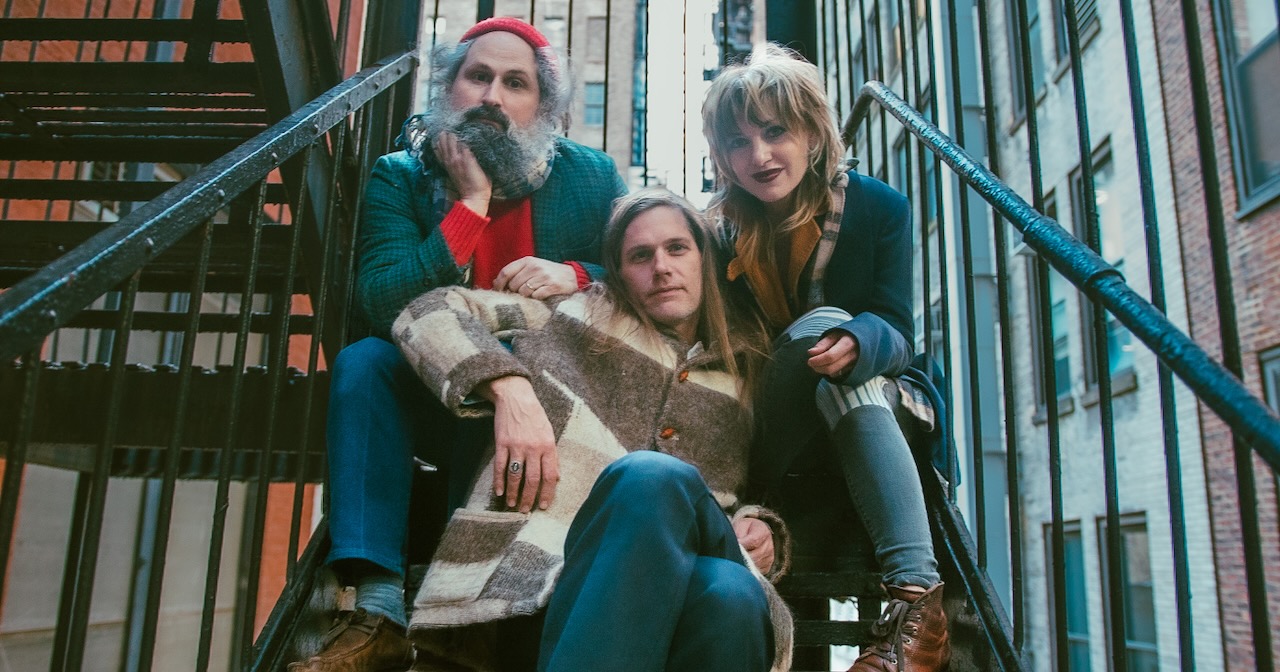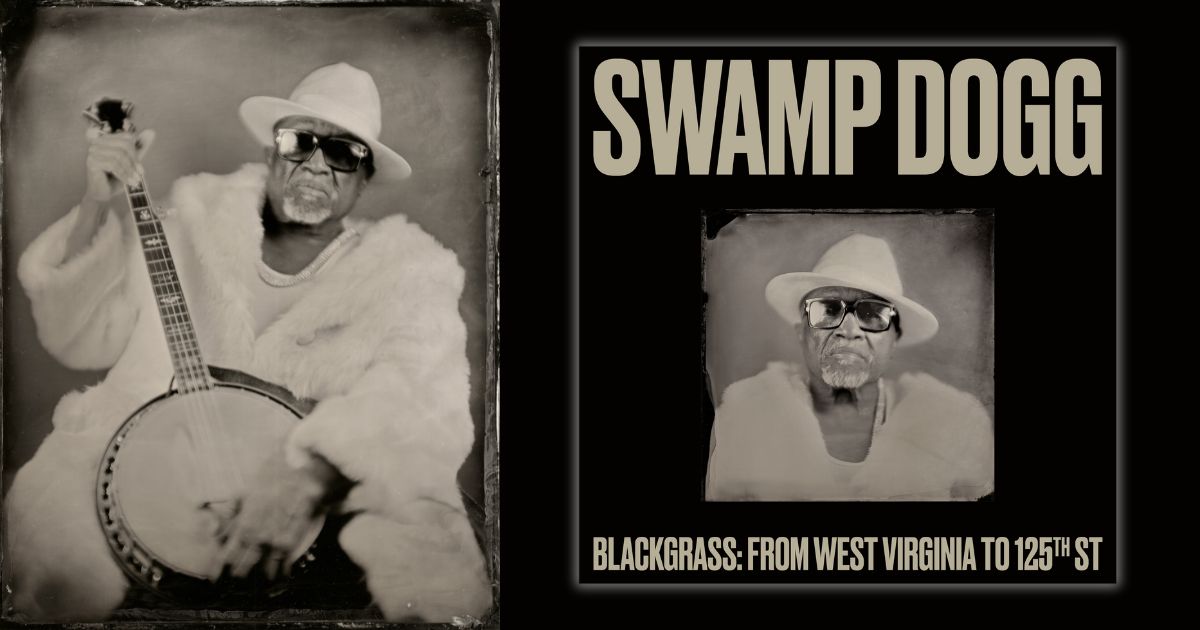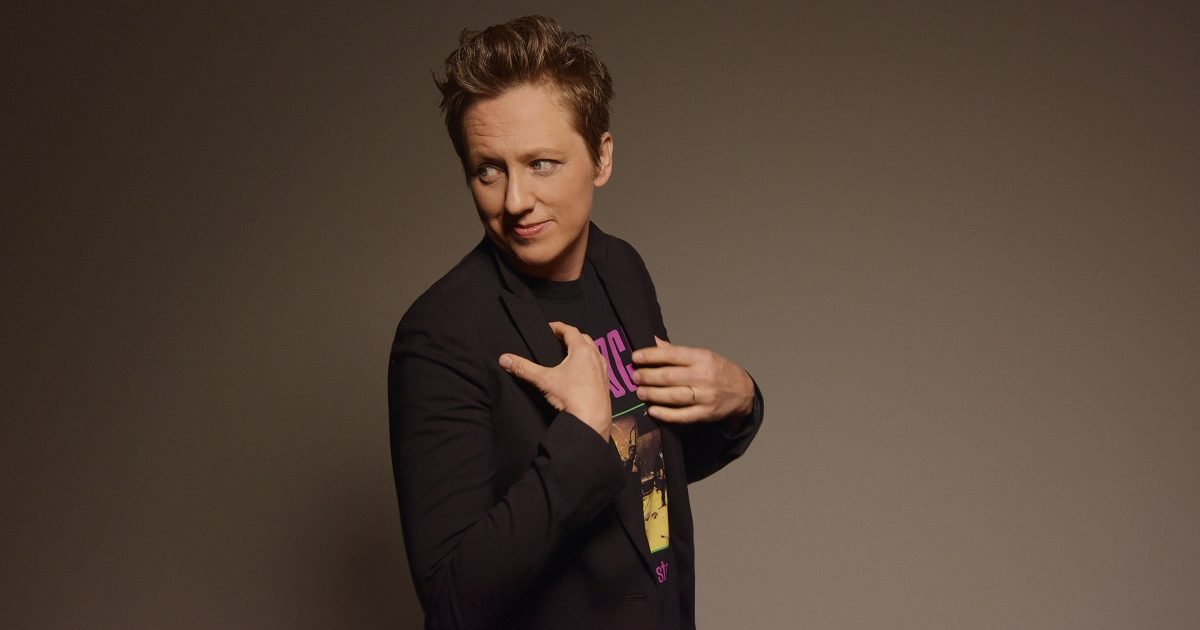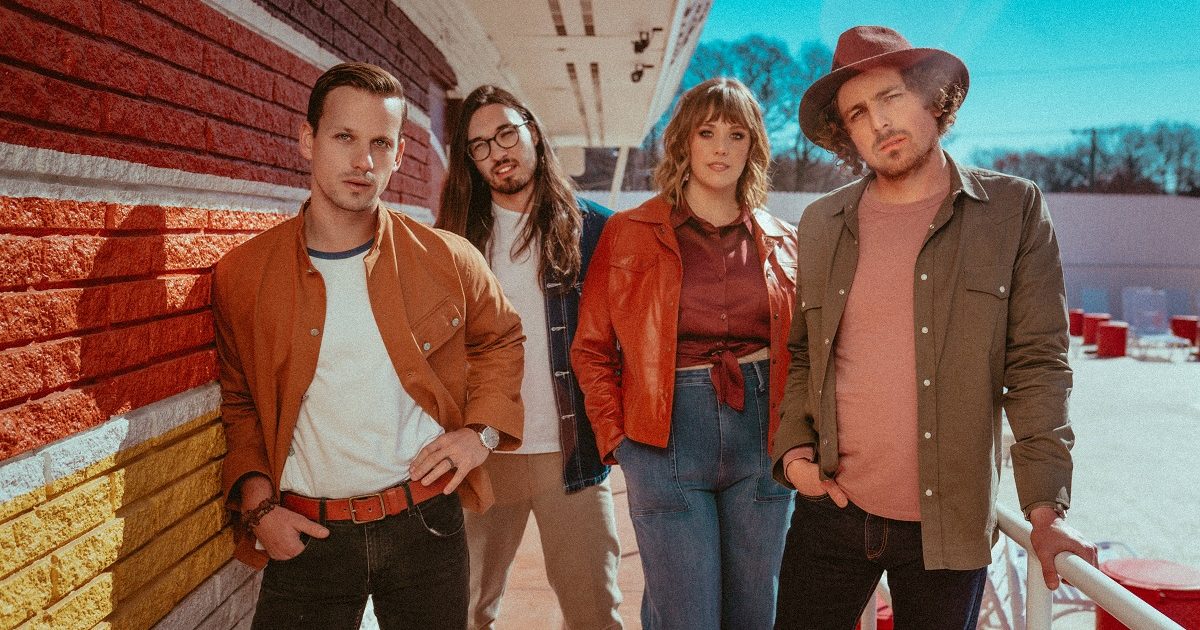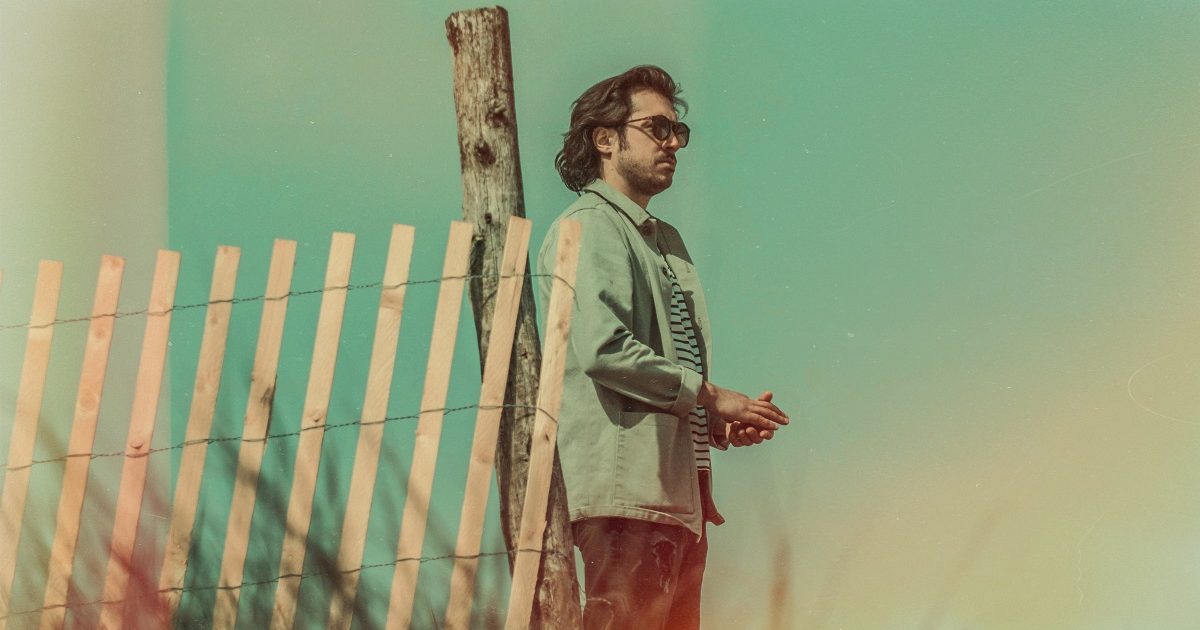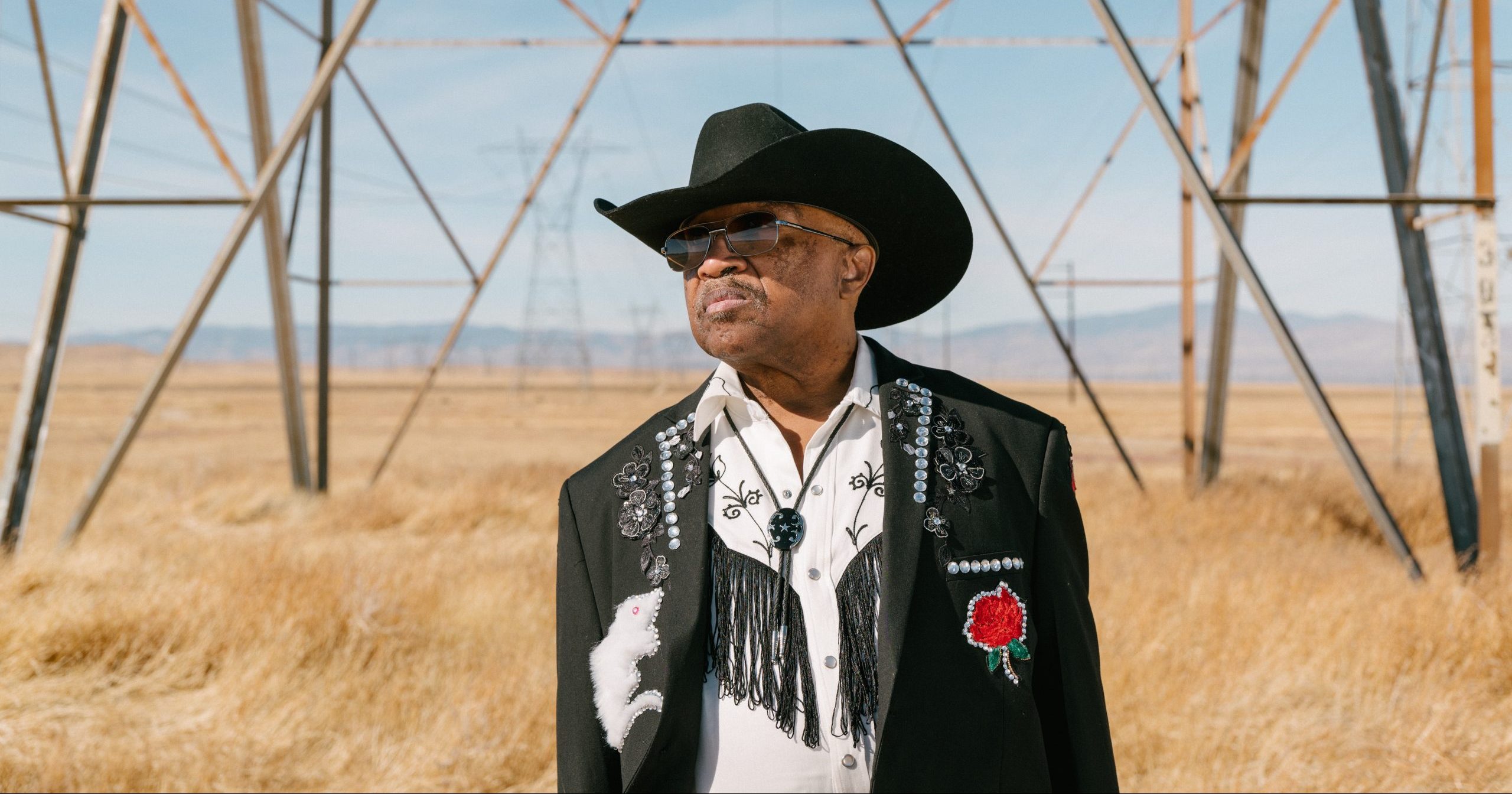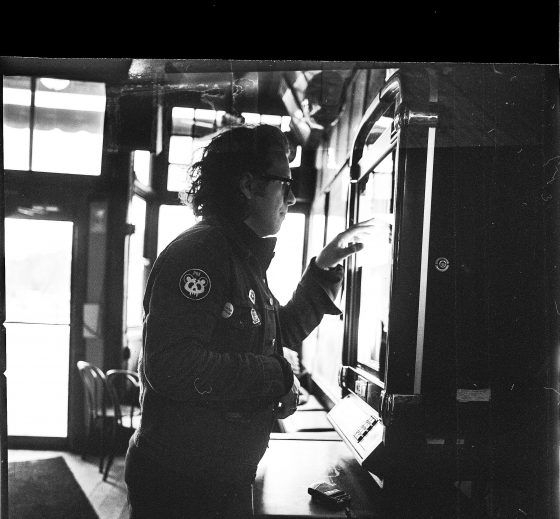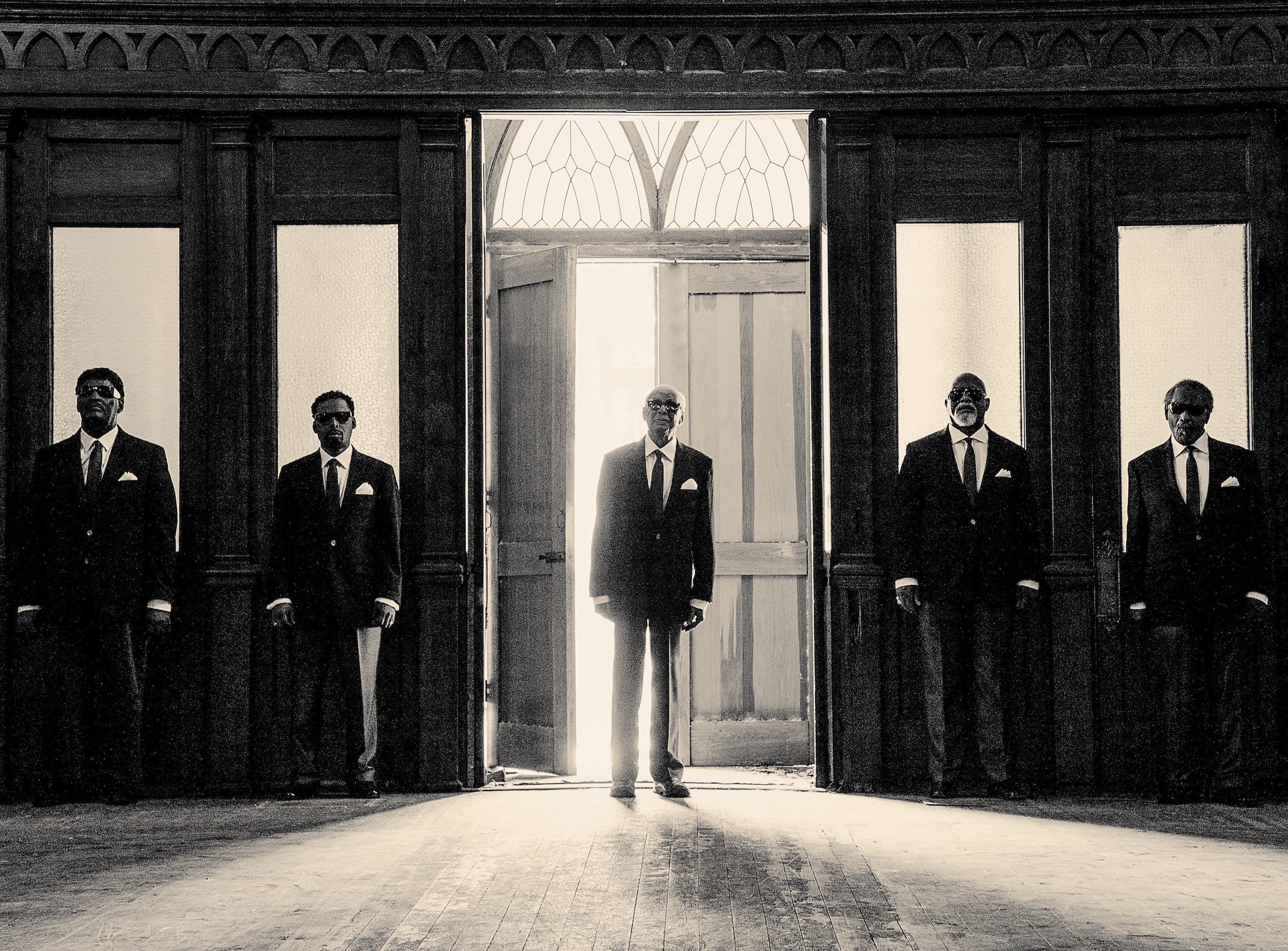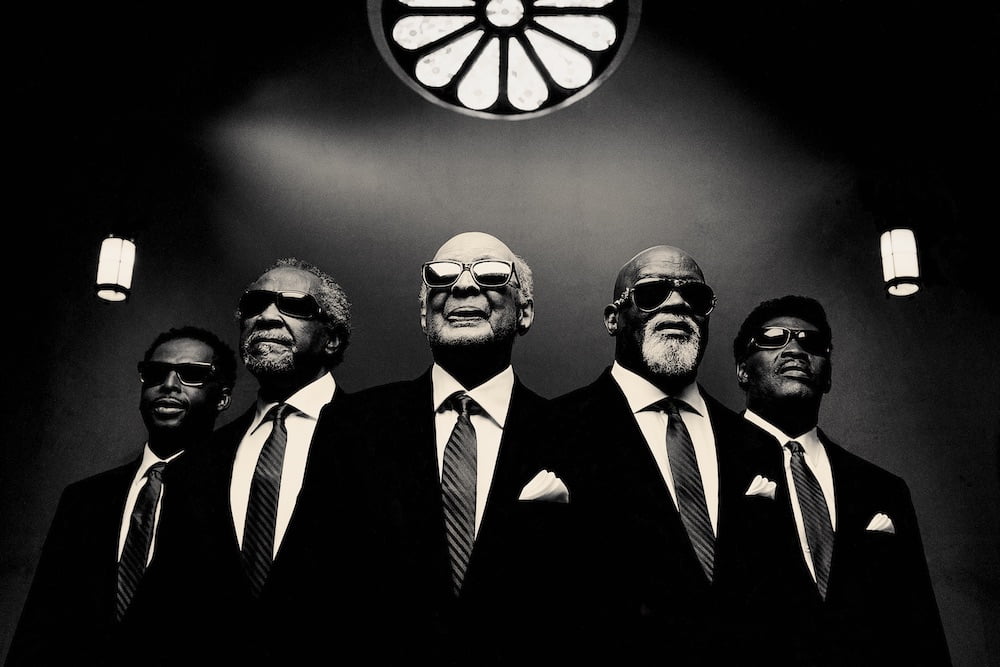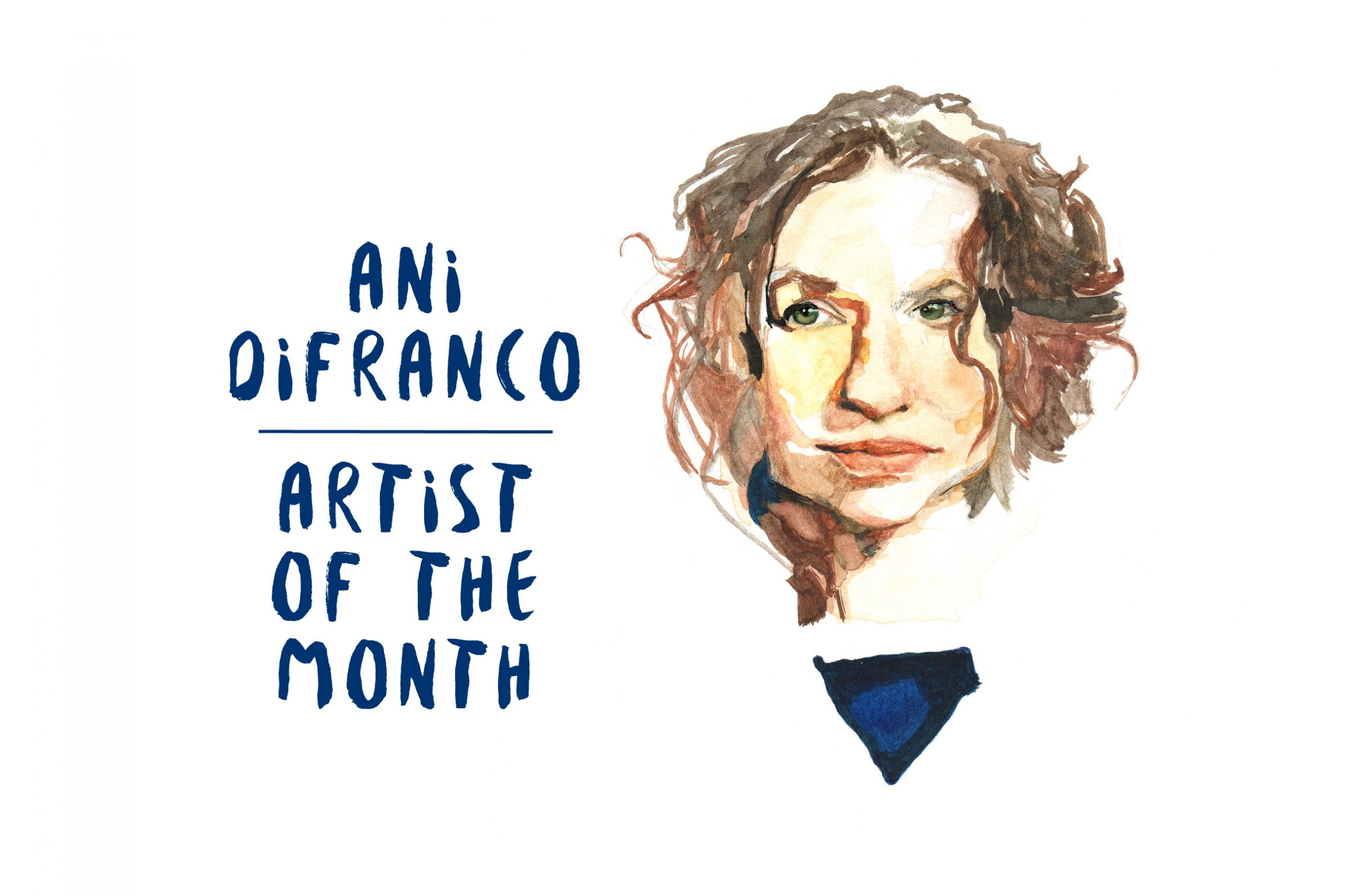Bonny Light Horseman is an indie/folk supergroup that formed in 2018 at the Eaux Claires Music & Arts festival in Wisconsin. Composed of Anaïs Mitchell (Hadestown), Josh Kaufman (Bob Weir, Josh Ritter, The National), and Eric D. Johnson (Fruit Bats), together the band has released two full-length albums. On June 7, their new double album Keep Me On Your Mind/See You Free expanded their studio album catalog by 100%.
Their first self-titled release, from 2020, features the band’s takes on traditional folk songs; the second, 2022’s Rolling Golden Holy, is a fully original body of work. Their music is tranquil, gorgeous, and breath-taking and their powerful blend of voices is just as striking. The trio bring a new light to the beauty of folk music, and truly makes each song their own.
To celebrate the new project, Keep Me On Your Mind/See You Free, we’ve handpicked a few favorite tracks from their past releases – together and separately – to highlight their musicianship, collaboration, and exactly why nearly everyone calls them a supergroup.
“Bonny Light Horseman” – Bonny Light Horseman, Bonny Light Horseman (2020)
The title track off their first album and namesake of their band, it’s a heart-breaking ballad about a love lost to war that was found in the Roud Folk Index (#1185). The group’s arrangement features a low-tuned guitar and subtle textures of harmonica and saxophone which carry Anaïs’ and Eric’s transporting vocals.
“Deep in Love” – Bonny Light Horseman, Bonny Light Horseman
The second song off the band’s debut album is simply illuminating – it feels like a gust of wind on a warm day. Listening to Eric sing, you can hear vocal influences from Joni Mitchell in his jumps and leaps. It has a very freeing feel to it and breathes beautifully.
“The Roving” – Bonny Light Horseman, Bonny Light Horseman
The third track on Bonny Light Horseman also demands inclusion. It’s a song about the singer’s heartache over “Annie,” a woman who once said she would marry them, but over time fell out of love with the singer. The melody is subtle and sweeps the listener into a setting of tranquility. In the arrangement, the band switches between a single, double, and quadruple chorus which is a very sweet and simple way to convey the story to the listener.
“Jane Jane” – Bonny Light Horseman, Bonny Light Horseman
“Jane Jane” was first recorded in 1939 by Lila May Stevens. This arrangement combines Stevens’ lyric with the African American spiritual and gospel classic, “Children, Go Where I Send Thee.” Bonny Light’s rendition is simply breathtaking; Johnson and Mitchell switch voices between the major and minor sections of the song, creating a raw and haunting sound.
“Bright Morning Stars” – Bonny Light Horseman, Bonny Light Horseman
The penultimate song off Bonny Light Horseman is a traditional Appalachian spiritual originally documented by Alan Lomax. This song holds the essence of a church choir belting for their audience and it’s one of the more simple songs on the album, in terms of arrangement. Having only three voices and a piano allows listeners to hear their trading voices on each verse and then the bright light of togetherness on the choruses.
“Gone by Fall” – Bonny Light Horseman, Rolling Golden Holy (2022)
“Gone by Fall” sits directly in the middle of Bonny Light Horseman’s second album, Rolling Golden Holy. Depicting a summer romance, it’s reminiscent of a 1960s folk song you might have heard on the radio during the folk revival. Yet, in listening to it, a veil is seemingly lifted and you can hear it’s an entirely fresh take on such a classic sound. Their voices, which blend so beautifully together, and the crystal clear guitar lines throughout add in the sweetness of a summertime love.
“Someone to Weep for Me” – Bonny Light Horseman, Rolling Golden Holy
Next up is “Someone to Weep for Me,” a song depicting a person going through life craving someone to care for them, but never finding that person. The driving force of the track is the mandolin’s beautiful rolling pattern, a genius touch that’s present throughout the song and adds a sense of stability and a unique texture. Another stroke of genius comes at about 1:40 in, when the electric guitar comes in wailing, bringing the song into a “jam” with Anaïs singing a little line over it. This is such an unexpected vibe change and at the same time it fits so incredibly well.
“Greenland Fishery” – Bonny Light Horseman, Green/Green (2020)
Off the band’s two-track EP release Green/Green comes “Greenland Fishery,” a reimagined traditional sailor song. Bonny Light’s version certainly allows you to float away. The clawhammer banjo throughout is lovely and it’s such a treat as a showcase instrument – it isn’t emphasized often throughout the band’s catalog. It’s also very sweet to hear the second part of the chorus as it echoes the chorus of “Bonny Light Horseman” in such a gorgeous, reminiscent way.
“Willie’s Lady (Child 6)” – Anaïs Mitchell & Jefferson Hamer, Child Ballads (2013)
Delving into some of the band members’ other projects, we come to Child Ballads, an album of duets from Mitchell and collaborator Jefferson Hamer. The project reimagines seven songs from a 19th century folk song collection “The Child Ballads” collected by Francis James Child. “Willie’s Lady (Child 6)” tells the story of King Willie, who marries a woman his mother despises and, in turn, his mother curses the wife. The guitars on the track have such a strong, driving force, excitedly pushing the song while one holds down the rhythm and the other crosspicks during the instrumental sections. Anaïs and Jefferson use their guitars in a way that perfectly compliments the vocal work in the song; it’s sung entirely in duet, the two voices deepening the texture of the music.
“Cazadera” – Fruit Bats, Gold Past Life (2019)
Fruit Bats is Eric D. Johnson’s indie-rock band that he’s fronted since 1997. Off their seventh album, Gold Past Life, “Cazadera” is one of the grooviest songs around. About a person searching for meaning in life and finding it in love, it’s the kind of track that would help paint your surroundings on a joyful walk. It has a great sense of hope and beauty to it and the chill verses coupled with sharp choruses bring energy and excitement.
“Loser’s L-A-M-E-N-T” – Rocketship Park, Off and Away (2008)
Going all the way back to 2008 for a selection from Josh Kaufman’s band, Rocketship Park, a pop-folky project with the intention to play Josh’s original material. The song “Loser’s L-A-M-E-N-T” is off the group’s first album, Off and Away, and immediately displays a very mellow vibe. Jazzy little piano licks come together with electric guitar and pedal steel, creating a western-folk sound. You can truly hear how each instrument is talking to the others and how they all fit together in telling the story.
“When I Was Younger” – Bonny Light Horseman, Keep Me On Your Mind/See You Free (2024)
From the group’s just-released double album comes “When I Was Younger,” which has a sound unlike most of their other music. Combining styles from artists like the Grateful Dead and Billy Joel, the intro riff sounds like it pulls some from the former, yet, once the verse starts, it sounds immediately like the latter – a kind of “Vienna” feeling.
It goes right back into the psychedelic riff before switching voices from Anaïs to Eric, again back to the Billy Joel vibe. The guitar and vocal solo following this verse are so rock and roll, gritty and not at all sparkly like the verses prior. “When I Was Younger” does an incredible job blending musical styles. It’s an absolutely astonishing piece of music, using such few words yet conveying such a strong and vivid story.
(Editor’s Note: Read Bonny Light Horseman In Conversation – With Each Other here.)
Photo courtesy of Chromatic PR.
